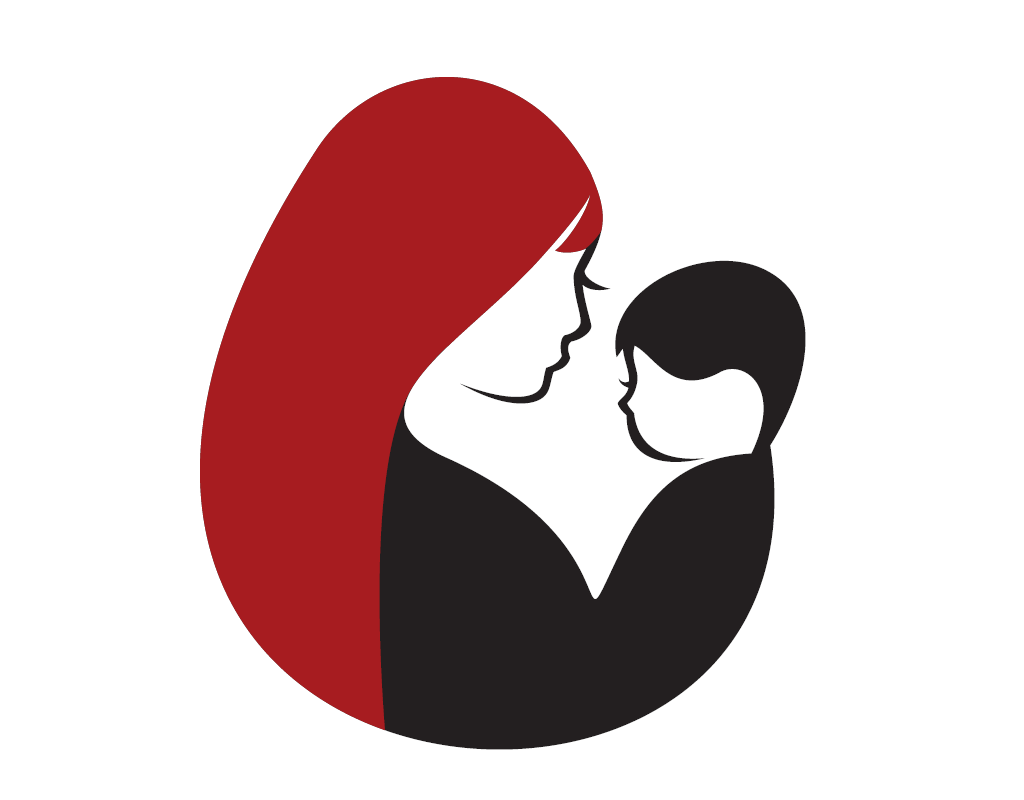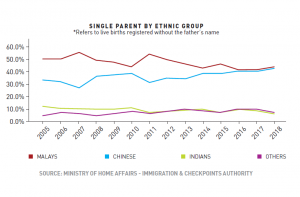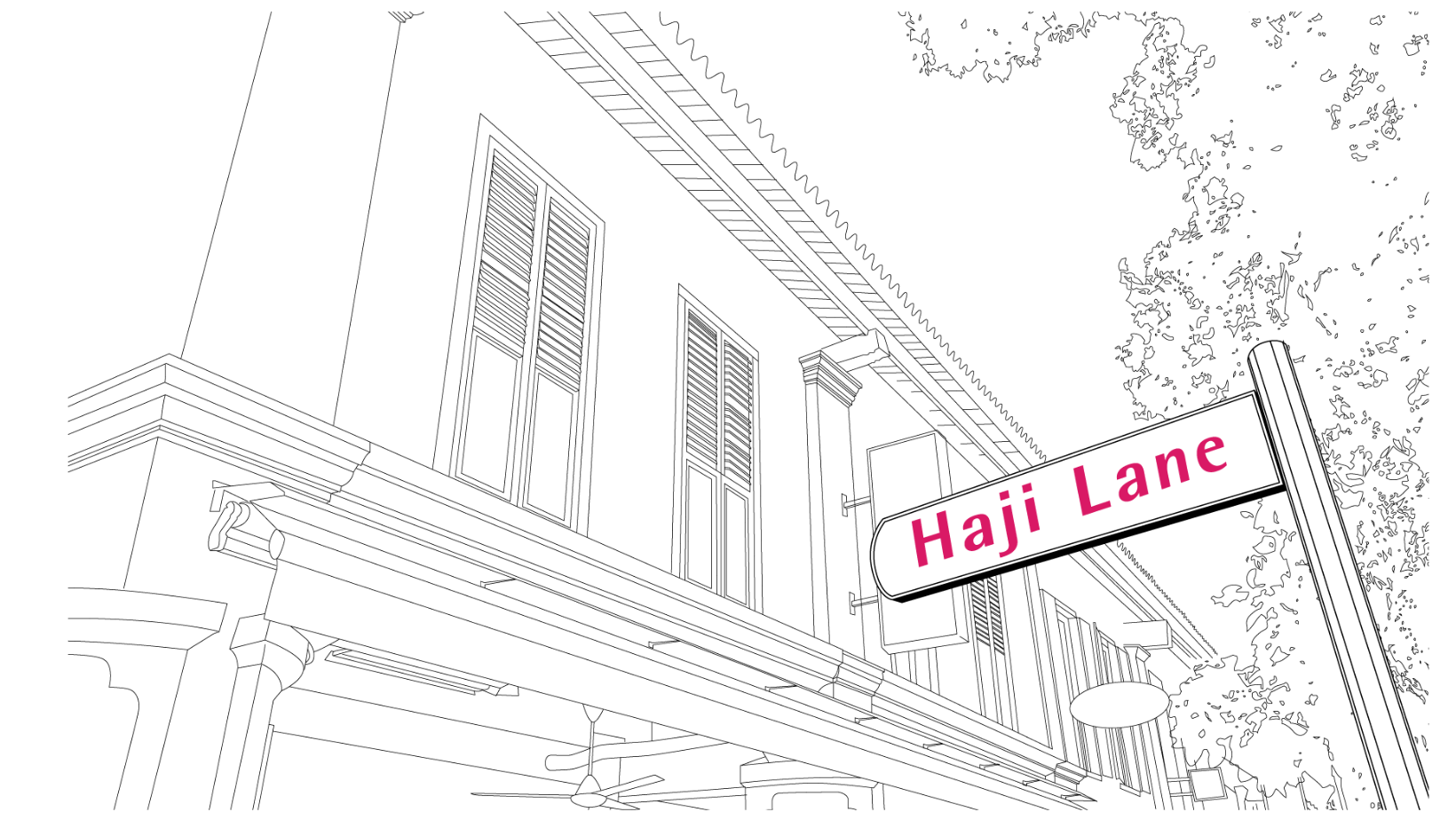Raising a child is no easy feat. We often hear about the sacrifices a parent makes and the time and energy it takes to care for a child. A single mother’s responsibilities are no different, except that she is on her own. She has to be both a mother and father to her children, a disciplinarian as well as someone from whom her children can seek comfort and safety. The challenges become even more complicated when the single mother is one who has had a child out of wedlock. On top of parenting solo, she has the added pressure of fielding uncomfortable questions from disapproving family members or prying friends. Indeed, unwed motherhood comes with a unique set of socio-emotional challenges that can, at times, be overwhelming. This article aims to highlight their stories and perhaps help us gain a better understanding of this iinvisible group in the community.
UNWED MOTHERS IN THE MALAY/ MUSLIM COMMUNITY
The plight of unwed mothers is something we often hear about, even within the Malay/Muslim community. Most of us probably know of one such mother who has to face the daily challenges alone. However, their stories are largely left untold because they are often perceived to be an embarrassment to the family, and even the community. By and large, unwed motherhood is often looked upon as a violation of a cultural norm in our society.
The Karyawan team had the opportunity to sit down and discuss the life and challenges of four single Malay/Muslim mothers with children born out of wedlock.
We spoke to Shida (not her real name) who found out she was pregnant at the age of 20. Growing up, Shida shared that she had a rough upbringing – she went through neglect and poverty as a child – and often get into a lot of trouble.
She shared that staying employed is difficult when you are raising a child on your own. She is currently staying in a rental flat and has been moving around a lot. She is often jobless and fell into depression following some bad episodes in her life. She recently fell into further depression when she lost custody of her son to her ex-husband who suddenly decided to file for child custody.
According to Shida and the other mothers we spoke to, the social taboo surrounding unwed mothers is often bolstered by the legal system. Such mothers may not enjoy the social welfare benefits such as housing subsidies, the Baby Bonus cash gift, tax reliefs and even inheritance.
“Raising a child alone is challenging enough as it is. It is unfortunate that there is no housing scheme easily available to unmarried mothers. We will have to wait until we turn 35 years of age before we can purchase a flat under the Singles Scheme. Policies should not deprive us of how we became single parents,” Shida said.
Children from single-parent families are also likely to be short-changed in terms of economic and time resources as there is no division of labour within the household. The parent’s decision to work is often heavily influenced by many factors including child are concerns, just like Riana (not her real name).
Riana, who is herself born out of wedlock, is now a mother of two. She is staying with her aged parents in a two-room rental flat which is not conducive to raise her two young boys in. The daily chaos of unreliable work hours and negligible pay often undermine her hope and sense of control.
“It is not that we are unwilling to show up and work hard. It’s very tough to stay employed. I sent both my boys to the childcare centre, which is quite a distance from home. In the past, there were many occasions when I had to take urgent leave to attend to them, and there were times these led to me losing my job. The kids are in school from 9.00am to 5.30pm so I have to narrow down my job search to one that fits their schooling hours and location so that I can rush to and from work,” Riana said.
Unlike the teenage pregnancy stories we often hear, Riana found out she was pregnant at the age of 33. She feels that there are no definitive factors such as age, socioeconomic or educational background that contribute to an unplanned pregnancy outside of marriage, like hers.
“It can happen to anyone, young or old, rich or poor. I know a few unwed mothers who are highly educated and financially comfortable. It is probably more prevalent among the lower-income because they might not have enough money to go for an abortion,” Riana shared.
Statistics reveal that between 2014 and 2018, there was an average of 428 registered births per year in Singapore that did not have a father’s name. This means there are more than 2,000 mothers who may be struggling to raise their child on their own in the span of five years[1]. While depicting a gradual decline, the incidence of childbearing out of wedlock remains the highest among the Malay community in Singapore.
“I believe that the number is probably higher among our community because we don’t easily turn to abortion. The sin of taking a life bears heavier than premarital sex. Terminating my pregnancy was never an option for me from the start,” Riana said.
The Karyawan team also talked to another unwed mother, Lydia (not her real name), who shared the same sentiments on abortion. Lydia was 24 years old when she first got pregnant in 2004. However, unlike our other mothers, Lydia knew she was ready to be a mom the moment she found out she was pregnant.
“I didn’t tell anyone until I was five months pregnant. Being an unwed mother was still a taboo. So when I eventually broke the news to my family, they were devastated and expectedly, told me to abort. However, growing up, I was taught to bear the consequences of my actions, so I told them I will keep the baby. Also, I’ve never believed in abortion. I’ve sinned once; why sin again by killing an innocent life?” Lydia said.
Lydia also opined that the immediate family should be the first line of support for unwed mothers like her.
“My daughter is now 15 years old and she knows of her status as a child born out of wedlock. I personally feel that the close age gap helps me understand her better and thus, has brought us closer. I am also lucky to have strong family support.
We are a close-knit family. Obviously, they were disappointed (when they found out about my pregnancy) but they didn’t chase me out of the house. They were supportive enough that I was able to pursue a diploma in hospitality management and a few other courses. I was juggling between being a mother, a career woman and a student,” Lydia shared.
MARRYING TO COVER SHAME
Three out of the four interviewees we talked to, married the biological father upon their parent’s requests, some without even being given the chance the comprehend the consequences. All of them are now divorced.
“We got married because his family wanted to cover malu (shame). There was no wedding reception, just a ceremony at the Registry of Muslim Marriages. Our marriage lasted for 17 days. My relation- ship with my then mother-in-law was horrible. One night, I overhead her telling my ex-husband to divorce me and take the house and my daughter. We got into a huge quarrel and our marriage spiralled downwards since then,” Lydia shared.
Lydia wasn’t the only one who had a tense relationship with the in-laws. Shida shared that she also had to cope with difficult in-laws throughout her marriage with her ex-husband.
“The idea of marriage appealed to me initially because I loved my partner at the time. His parents didn’t agree but we got married anyway. My in-laws treated me badly. They were so calculative. They actually made me pay to stay with them. They told me that I ate a lot at their home but I didn’t. I was underweight, in fact. I had to go back to work to support my small family because my in-laws said that it was me who decided to keep the baby. To make matters worse, my then husband had affairs. We were constantly fighting. I eventually got kicked out of the house and we finally filed for divorce,” Shida shared.
Riana also shared that marrying the biological father of the child just to cover up shame is not always the best option. Her ex-husband had an affair and even wanted to get married to another woman.
“Remaining unmarried does not necessarily mean you would lead an unhappy life. There are many government support and family service centres that can help you now. Find the right place for support. Think of what’s best for yourself and your kids,” Riana shared.
The Karyawan team also spoke to Mdm Zaleha Ahmad, a counsellor with more than 20 years’ experience at AMP who said that support is key in helping these mothers navigate parenthood.
“Unwed mothers need a lot of support and guidance, especially from family members, and not harsh treatment or blame. There is always room for forgiveness and guidance that would enable the single mum to reflect on their actions. They would also need support in decision making with regard to the child whom they are carrying. They must not be pressured into marriage or aborting the foetus if they do not want to. If the option is for them to keep the baby, the mother would need assistance and space to decide on what’s best and what’s next for them,” Mdm Zaleha shared.
According to her, there are many agencies and shelters that these mothers can reach out to.
“If there are plans to marry, the couple can go to agencies such as INSPIRASI@AMP, for a premarital consultation session with our counsellors. During the session, the counsellors can help them to re-evaluate and re-examine their decisions with the partner and their parents, and decide what the best choice is for them. There are also other agencies such as Babes that would be able to assist them during their period of pregnancy if marriage is not the decision. There are also shelters that they can go to if they do not have places to stay. If these mums wish to get more informa- tion, they can contact INSPIRASI@AMP for assistance,” Mdm Zaleha explained.
WOMEN OFTEN UNFAIRLY BLAMED
One common predicament raised by our interviewees is the different treatment towards unwed mothers and the biological fathers in society. The blame and shame often fall on the unwed mothers. From our conversations with them, society is often quick to punish them. They are often stereotyped as promiscuous, irresponsible and selfish. Meanwhile, the men are rarely, if ever, on the receiving end of such stereotypes.
The team also spoke to another interviewee, Nadia (not her real name), who became a mother around the age of 20. Back then, Nadia shared that her ex-boyfriend, who is also the biological father of her daughter, was a drug abuser. She eventually got addicted to drugs and not long after, found out she was pregnant.
“The biological father was around for a while. We planned to get married within that year but I found out he cheated. He started taking drugs again and got physically abusive. I fell into depression and eventually told him to leave. He left when my daughter was three months old and that was the last I heard from him,” Nadia said.
She shared that the stereotype of an unmarried mother as dysfunctional gets reemphasised every now and then, and especially when she meets a new person.
“When people learn about my status, they say I’m an ‘easy’ woman. It is like my name card. They already judge you before they get to know you. I know it was my mistake but at the end of the day, I’m responsible enough to stay and raise my daughter. If society actually cares about reducing or eliminating the number of out-of-wedlock births or even abortions, hold men accountable for their actions too,” Nadia said.
Shida further shared, “When the girl gets pregnant out of wedlock, it’s never the guy’s fault. It’s the girl who got herself pregnant, don’t know how to take care of herself, and lack maruah (dignity). It is frustrating!”
Given how difficult it is to raise a child alone, it is not a lifestyle choice many would willingly make. It is usually a situation one finds themselves in and tries to make the best of it. One unwed mother left her partner who was cheating on her, while another couldn’t cope with her in-laws. Yet another said she was not ready to marry her baby’s father, given the fragile state of their relationship. Whatever their reasons, giving birth out of wedlock was not a decision taken lightly. No matter what society thinks of them, these mothers soldier on for the sake of their kids.
“You could have gone for an abortion. You could have given your child away for adoption. You could have left your child outside a hospital, like in a drama series, but you didn’t. Even though the situation wasn’t ideal, remember that you chose to be a mother,” Shida reminded.
“My advice to other unwed mothers: just do what makes you or your kids happy. It might hurt but just focus on raising your kids properly. People will tell you that you will not be able to raise your child properly but it is still your responsibility. Keep encouraging and continue to guide your child,” Nadia commented.
Mdm Zaleha shares similar sentiments, saying, “What’s done is done. Do not make the same mistake again. If they do not have any plans to marry, they should ensure that they move on with their lives. If they are still young, continue with their education and pursue their dreams and ambition where possible. With the support of family members, ensure that the child is well taken care of and give them a good upbringing. Every child deserves a good and nurturing life so they will grow up to be strong, healthy and well-balanced. How they are brought into the world will not have much impact on them if they are cared for in a caring and loving environment.”
While acknowledging that traditional perspectives do not encourage motherhood outside of marriage, there also needs to be a shift in focus towards enabling and empowering these mothers to provide the best care for their children. It would be more beneficial for our society if we could help these unwed mothers improve their lives and their children’s, leave the castigation behind, and offer ways to develop policies to remedy the negative implications on them. ⬛
1 Ministry of Home Affairs – Immigration & Checkpoints Authority. (2019). Single Parent & Teenage Births by Ethnic Group. Retrieved on 20 August 2019, from: https://data.gov.sg/dataset/single-parent-births-by-ethnic-group
Nabilah Mohammad is a Research Analyst at the Centre for Research on Islamic and Malay Affairs (RIMA). She holds a Bachelor of Science in Psychology and a Specialist Diploma in Statistics and Data Mining.









